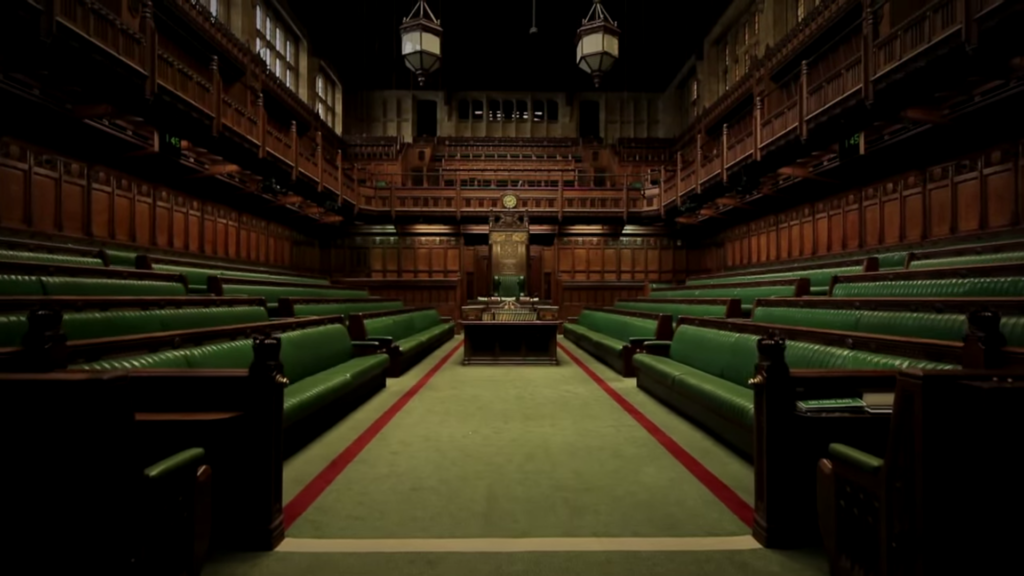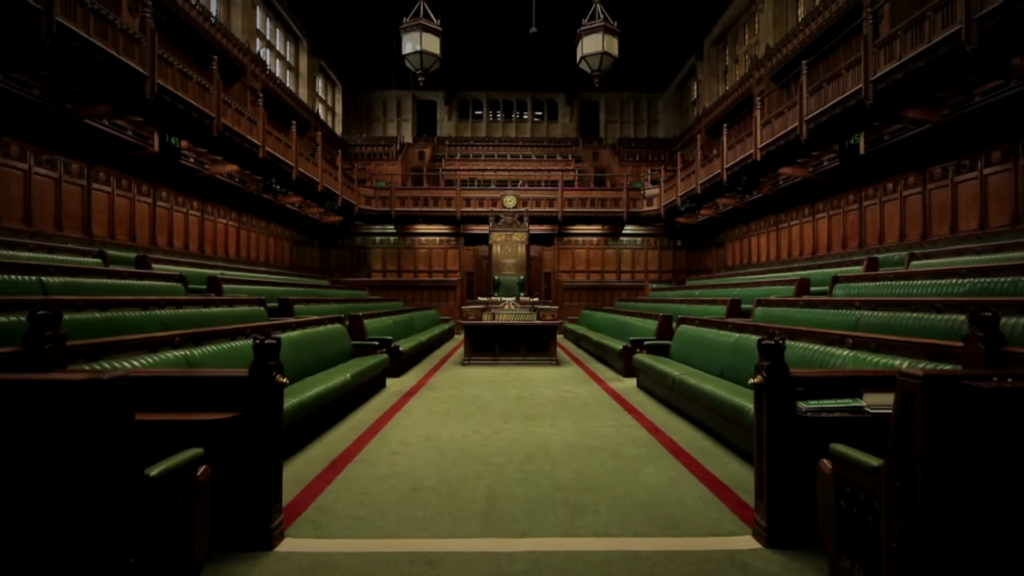
What to expect from a Johnson majority government
Written by Lodestone Associate Andrew Gimson, Contributing Editor to Conservative Home, and author of Boris: The Adventures of Boris JohnsonJohnson will drive the government machine harder than it has ever been driven in peacetime, for he knows he has only four years to repay the trust placed in him by Labour voters in the Midlands, the North and Wales. He will begin by getting Brexit done by the end of January, after which he will press on with the negotiation of a new trading relationship with the European Union by the end of 2020. At the same time, he will pursue ambitious trade deals with the United States and many other countries. Protests from officials that such deals cannot be done quickly will result in the hiring of outside experts with a more dynamic attitude.

Johnson will agree to leave on one side a few intractable issues which would hold everything else up, but will insist on having everything else settled. He will put Michael Gove or someone similar in charge of a powerful new trade department charged with getting this done. Trade deals will not on their own transform the neglected towns of the Midlands and the North. To achieve that, Johnson will use every tool at his disposal. As soon as Brexit has taken place, he will start creating free ports, for example on the 4,500 acres on the south bank of the River Tees run by the South Tees Development Corporation.
These free ports will benefit from tax breaks, but just as important, they will take local control of big planning decisions, so investors do not have to wait for years to get permission to go ahead. Johnson will fly the world, selling the investment opportunities in Brexit Britain. He has spoken with admiration of the speed with which Hong Kong built its new airport, and regards the British practice of taking decades to plan big new infrastructure projects as totally unacceptable. He reckons he has a mandate to revolutionise the provision of new roads, railways, runways and power stations, especially in the North of England, so completion can be expected in four years instead of 40.
The Prime Minister agrees with his most creative and clear-headed adviser, Dominic Cummings, that Whitehall is unfit for purpose. It will be recast so it focuses on delivery – knowing how to get things done – rather than on endless delay – knowing how to put things off. Those civil servants who are incapable of making the transition will be replaced with outside experts who already have a track record of getting things done. Johnson won the election by taking the demands of working-class Labour voters seriously. He will now be determined to fulfill the pledges he has made to them. So control of immigration will be taken back through a points-based system which admits the skilled workers the British economy needs, while stopping the unrestricted arrival of unskilled workers. Businesses which depend on cheap labour will have to think hard about productivity, and how to train British workers to the required level. So will the education system, including the neglected further education sector. Investment in science will double, British universities will be encouraged to go on recruiting the ablest researchers and students from around the globe, and high tech industries where Britain already has a competitive edge will be fostered.
Spending on the NHS will rise in accordance with Johnson’s promises. He will also recruit the extra 20,000 police officers who have been promised. The Government will pursue stern penal policies, in accordance with the wishes of the Labour voters who on Thursday voted Conservative. Johnson will enjoy upsetting the London Establishment by doing this. He will further dismay the Guardian-reading classes by declaring that the present method of financing the BBC is unjust to low earners, and has become unsustainable. He will do all he can to spread educational and economic opportunity to regions of Britain which have been neglected by Whitehall for half a century. Johnson won this election because he was more intelligent and professional than Theresa May, quicker and bolder at seizing opportunities, and better at providing the optimism and energy the country will need if it is to thrive after Brexit. Commentators in London have tended at every stage to underestimate his abilities. They wrote him off as a buffoon.
Millions of Labour voters who could not stand the sight of Jeremy Corbyn recognised in Johnson a man of remarkable gifts who can connect with voters and understands their aspirations, which include high-grade education, well-paid jobs and decent, affordable housing, safe streets and a world-class health system. He has a core of advisers who have been working on the policies needed to attain these ends. As at City Hall, but on a far larger scale, he will hire the staff who will enable him to fulfill his election pledges. He will do the front-of-house stuff: his team will run the delivery system. He will aim to move at such a pace that his opponents find themselves permanently on the back foot. Already he has an even more conclusive victory in 2024 in his sights.